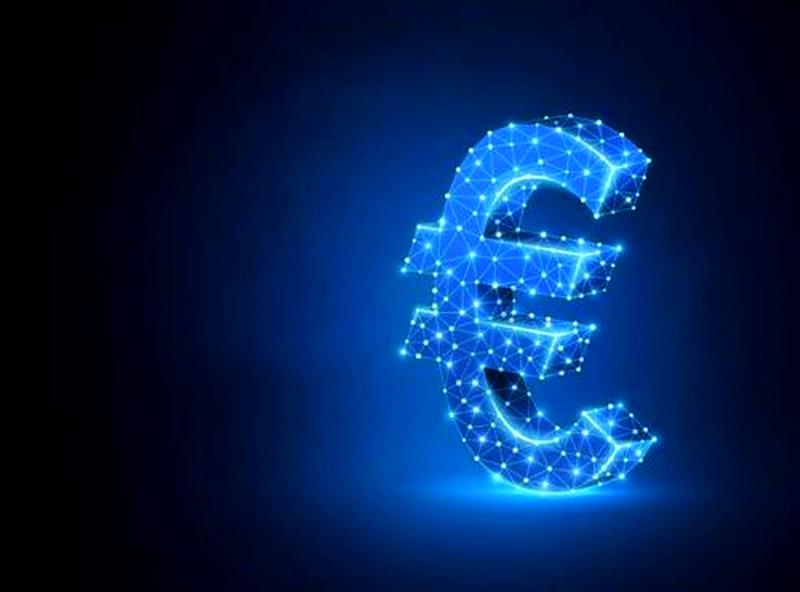The Digital Euro Could Usher In Total State Control


BY ZeroHedge - TYLER DURDEN - THURSDAY, APR 20, 2023
Authored by Thomas Glavinic via Remix News,
The digital euro is based on technology that could give the ECB and states extraordinary powers over our lives...
I recently heard one of the most bizarre remarks by European Central Bank (ECB) chief Christine Lagarde that gave me migraines. She said that the eurozone could not go bankrupt and that this is technically impossible because the ECB can provide unlimited liquidity at any time. In plain English, when we run out of money, we print what we need.
I admit I am probably a bit oversensitive. Counterfeiting is the very basis of our financial system, and the fact that the money we have right now is losing more and more purchasing power due to newly printed money need not concern me because I have none anyway.
CBDC stands for “Central Bank Digital Currency.”
PR consultants and journalists prefer to use the term “digital euro,” which is easier to remember and sounds nicer, but the trivialization of the term does not change the fact that behind all of this, total surveillance awaits.
The ECB’s planned digital euro works like Bitcoin on the basis of blockchain technology but with a few key differences.
Provided you have some, you can protect your money from inflation by holding it in the form of Bitcoin, you just need to have some tolerance for volatility. The Bitcoin blockchain is public and resistant to censorship because it is managed in a decentralized manner by a worldwide network of tens of thousands of computers, with no need for a central authority.
Thus, unlike the fiat system, the amount in circulation cannot be increased by command. Bitcoin is transparent because every transaction is recorded in the public blockchain and can be viewed by anyone on the network. At the same time, the anonymity of the sender and receiver is preserved, as transactions are only tied to public addresses, not to individuals.
In contrast, the blockchain on which the digital euro is based is not public and is managed centrally.
All transactions go through the European Central Bank (ECB) network, which means there is no transparency whatsoever. Already, no one really knows how many euros are in circulation because they can be printed at will by the ECB. The digital euro will not change this. Since almost all transactions already take place digitally, the question arises as to what benefit a euro on a private, centrally managed blockchain will have for the population. It is unclear who will benefit from the digital euro at all.
Well, if you think about it a bit, it’s not so unclear anymore.
In the future, each of us will have a personally assigned account with the central bank. Every transaction can be tracked by the central bank and its associated authorities. The authorities can and will collect information about anyone who sends money to your wallet, who you send money to, how much money you spend when you spend it, where you spend it, and on what. The authorities will know how often you go to the hairdresser, whether you have a subscription to the gym, whether you like to eat bananas, and how much money you spend on cat food.
I don’t think the leaders of the EU and the ECB will introduce the digital euro next year simply to use it to turn Europe into a dystopian nightmare the following year. Nor, most likely, will their successors. But they could. And who knows what views the successors of today’s politicians will hold?
Stalin would have given his right arm for a technology that gave him the power to determine what the population could and could not spend its money on. So why would anyone want to create the technical conditions for a dictatorship in the first place?
Well, politicians who advocate the introduction of CBDCs should be asked this question by the constitutional protection agency.

